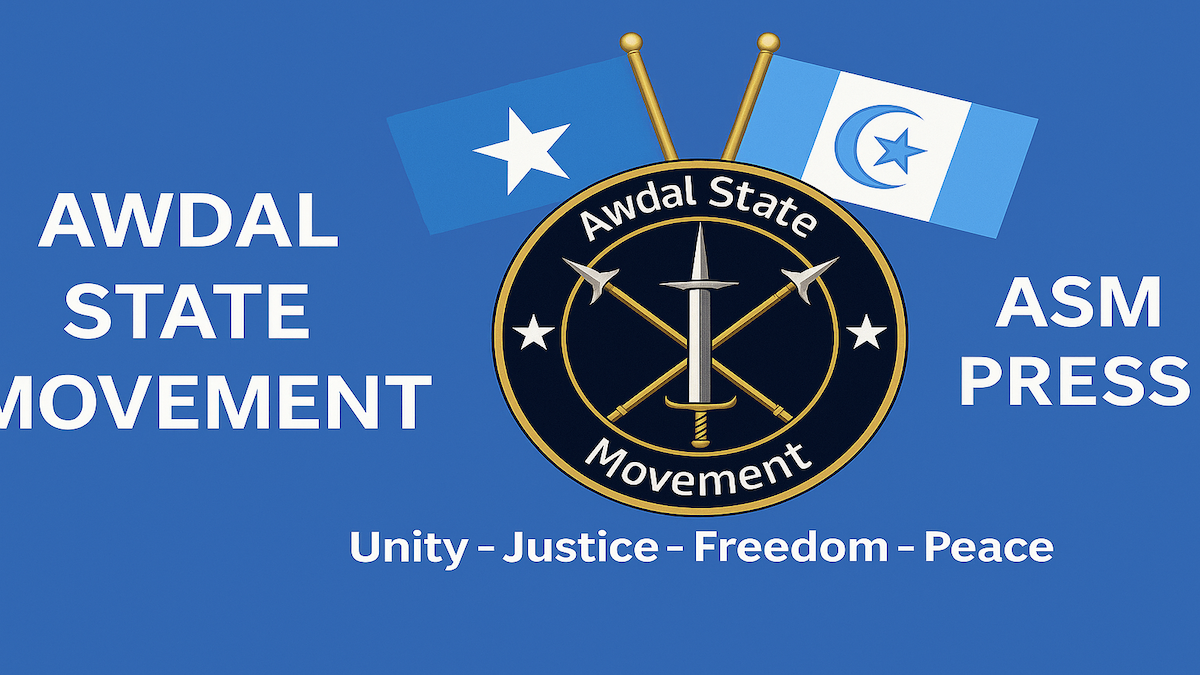
The East African Community (EAC), a regional intergovernmental organiSation comprising seven member states in East Africa, is a beacon of integration and cooperation in the region. Officially, English and Kiswahili are recogniSed as the working languages of the EAC. However, for the Somali people, this framework presents linguistic and mobility challenges that require immediate attention.
The Case for Somali Language Inclusion
Somali, a language spoken by millions in the Horn of Africa and among the Somali diaspora, remains absent in EAC communications. Despite its regional significance, Somali speakers often face barriers in accessing EAC resources, participating in discussions, and fully engaging in integration efforts due to the lack of representation of their language.
As Somali people, our history, culture, and economic contributions to the region make us integral to the EAC. The inclusion of Somali as a recognized language would promote inclusivity and equitable participation. This step would not only enhance communication but also acknowledge the linguistic diversity of the region.
Freedom of Movement: A Persistent Barrier
While the EAC promotes the free movement of goods, labor, services, and people, Somali nationals face restrictions due to the lack of a free visa regime between Somalia and other EAC member states. These limitations hinder Somali individuals from accessing opportunities, conducting business, and fostering regional unity.
It is paradoxical that as the region strives for deeper integration, Somali nationals remain excluded from one of its fundamental pillars—freedom of movement. Addressing this disparity would align with the EAC’s core principles of inclusivity and equal opportunity.
The Call to Action
To truly embody the spirit of unity and integration, the EAC must take steps to:
- Recognize the Somali Language: Introduce Somali as one of the working languages of the EAC to reflect the linguistic diversity of the region and ensure equitable participation.
- Facilitate Freedom of Movement for Somali Nationals: Implement policies to grant Somali citizens the same visa-free travel privileges as other EAC member states, fostering regional cohesion and economic growth.
- Engage Somali Leadership: Encourage dialogue with Somali leaders to understand and address the unique challenges faced by Somali nationals within the EAC framework.
Conclusion
The exclusion of the Somali language and the restrictions on freedom of movement for Somali nationals undermine the principles of the EAC. As we strive for a more integrated and inclusive region, addressing these issues is not just a matter of policy but a commitment to the shared prosperity of all East Africans.
This discussion is vital for advancing a united East Africa and will be the focus of an article published on AyroTV.com. It is time for Somali voices to be heard and for our leaders to champion the changes necessary to ensure our full inclusion in the East African Community.
Stay tuned to AyroTV.com for more insights on this critical issue.








